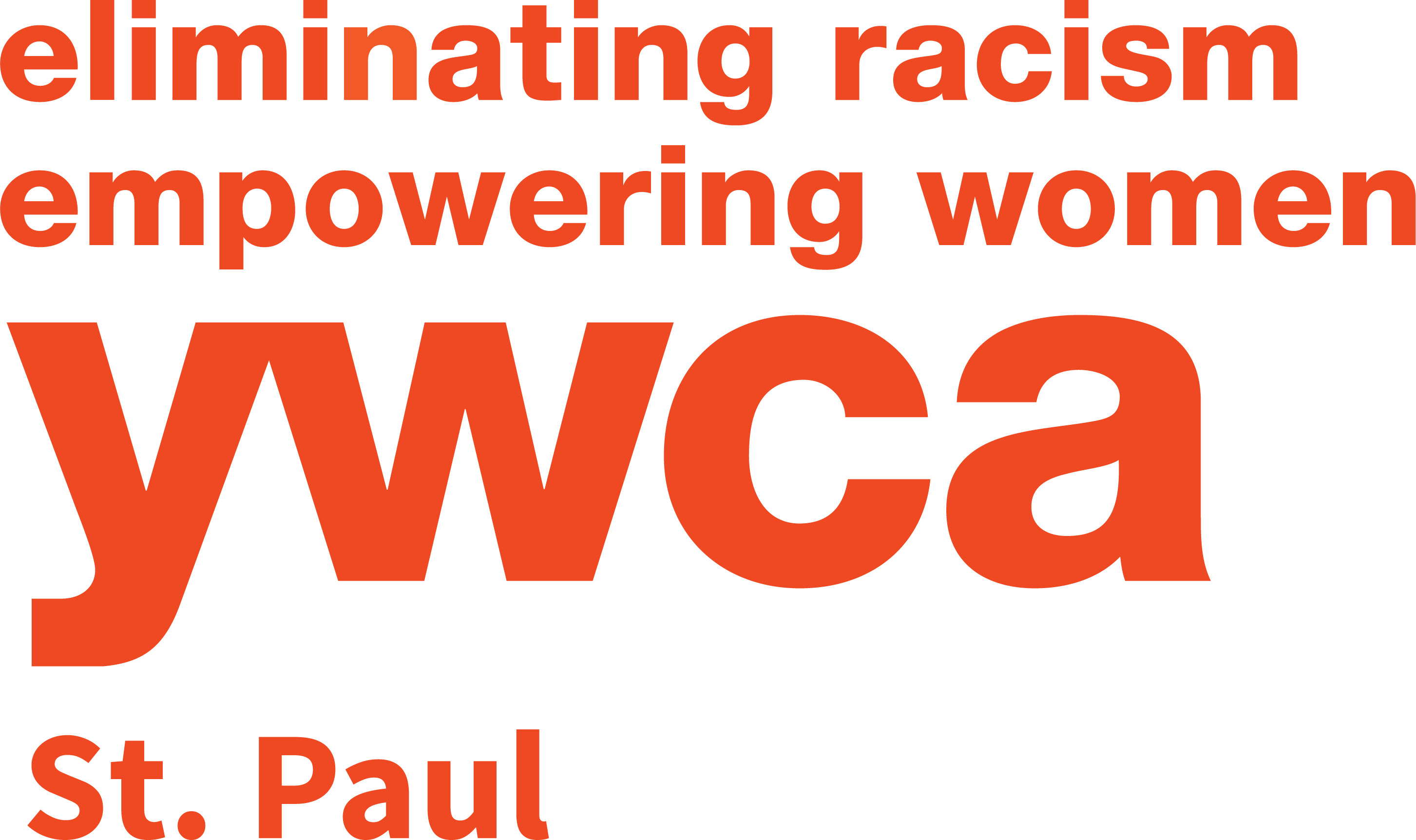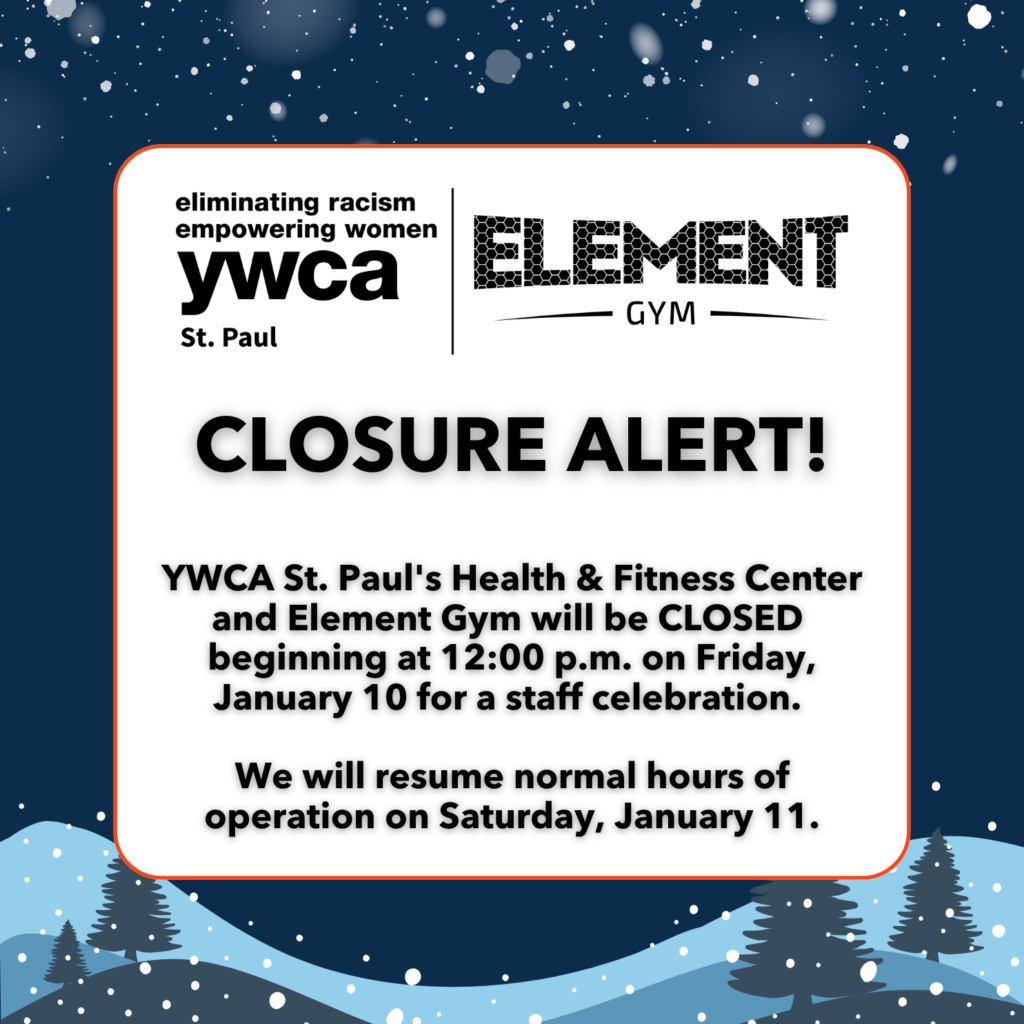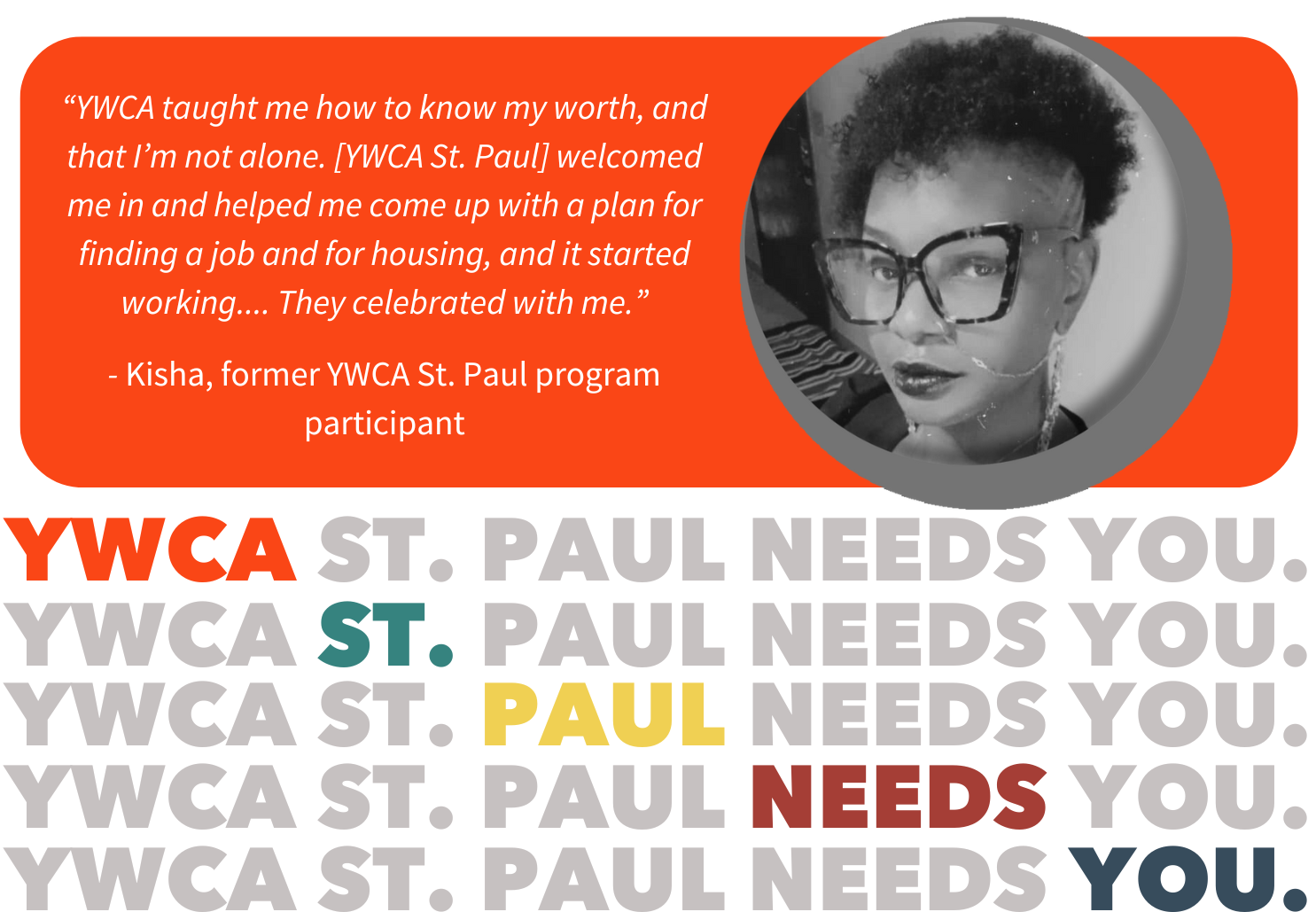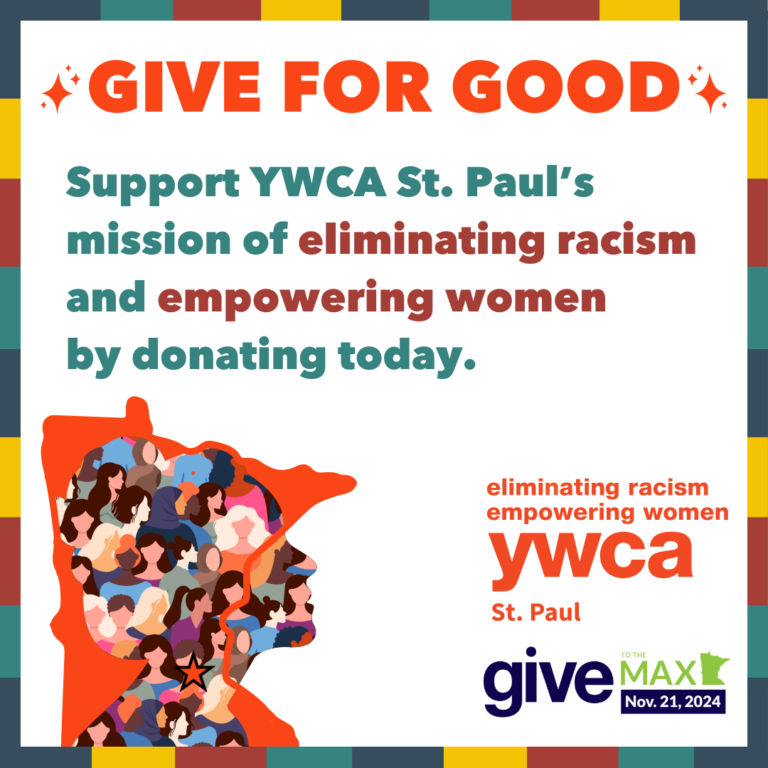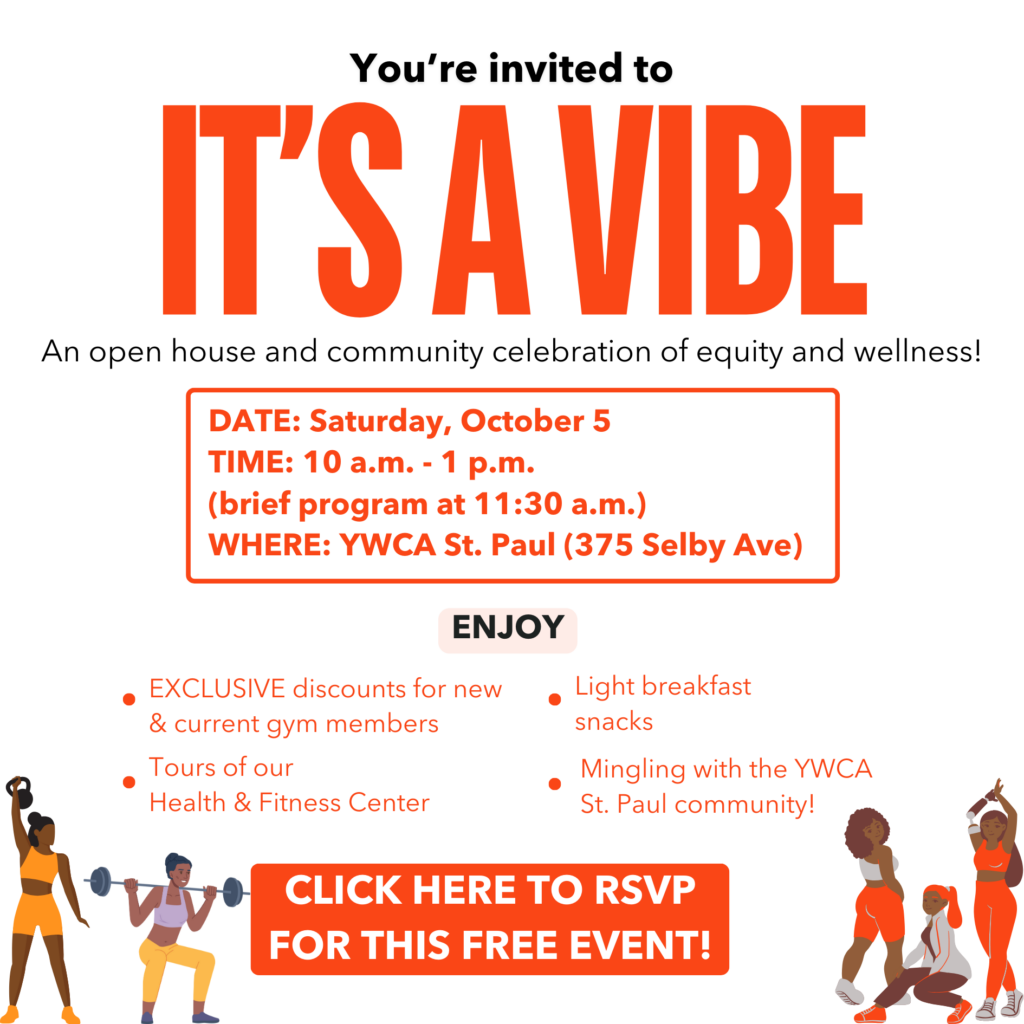In solidarity with the global movement to end domestic violence, YWCA St. Paul engaged in Week Without Violence by hosting a community conversation focused on domestic violence. During this conversation, YWCA staff discussed how to provide comprehensive, inclusive resources and support to meet the needs of all victims of violence, particularly those who face increased barriers to safety – a recording of the full conversation will be released soon.
Domestic violence is the willful intimidation and/or abusive behavior that is part of a systematic pattern of power and control perpetrated by one intimate partner against another. It includes physical violence, sexual violence, psychological violence, financial and emotional abuse.
Domestic violence is a public health crisis impacting individuals in every community regardless of age, economic status, sexual orientation, gender identity, race, ability, religion, or nationality. It is important to note that domestic violence significantly impacts not only the victim or survivor, but also has repercussions for children who are in the home and exposed to intimate violence, as well as long-term economic and emotional impacts.
Domestic violence does not exist in a binary. It is not as simple as male and female, wealthy or poor, young or elderly. However, populations living at the intersections of marginalized identities face disproportionate rates and experience of violence, as well as increased barriers when seeking support. Many of these barriers stem from long-standing inequities in public policy, stigmatization and inadequate social safety nets. Regardless of identity or financial positioning, love should not hurt and all of us have rights in a relationship – rights to be loved, to be respected, trusted and supported. All of us deserve to be safe and make our own choices for our lives.
“Never forget that walking away from something unhealthy is brave even if you stumble a little on your way out the door.” ― Unknown
For anonymous, confidential help available 24/7, call the National Domestic Violence Hotline at 1-800-799-7233 (SAFE) or 1-800-787-3224 (TTY).
Question: Have you ever been the target of violence? If so, did you have access to the support you needed?
Contributor: Youth Programs Manager, La’Shante Grigsby
